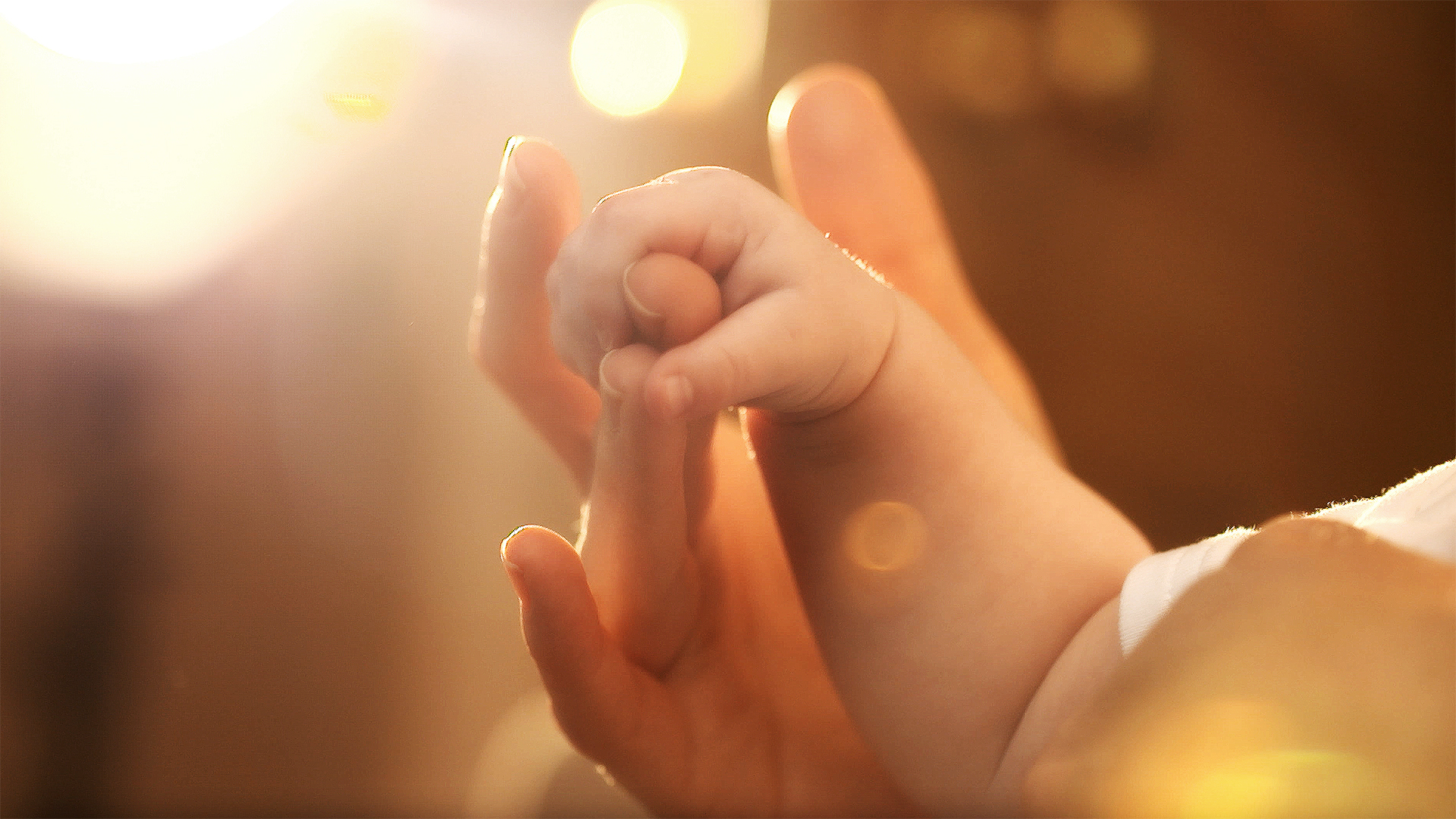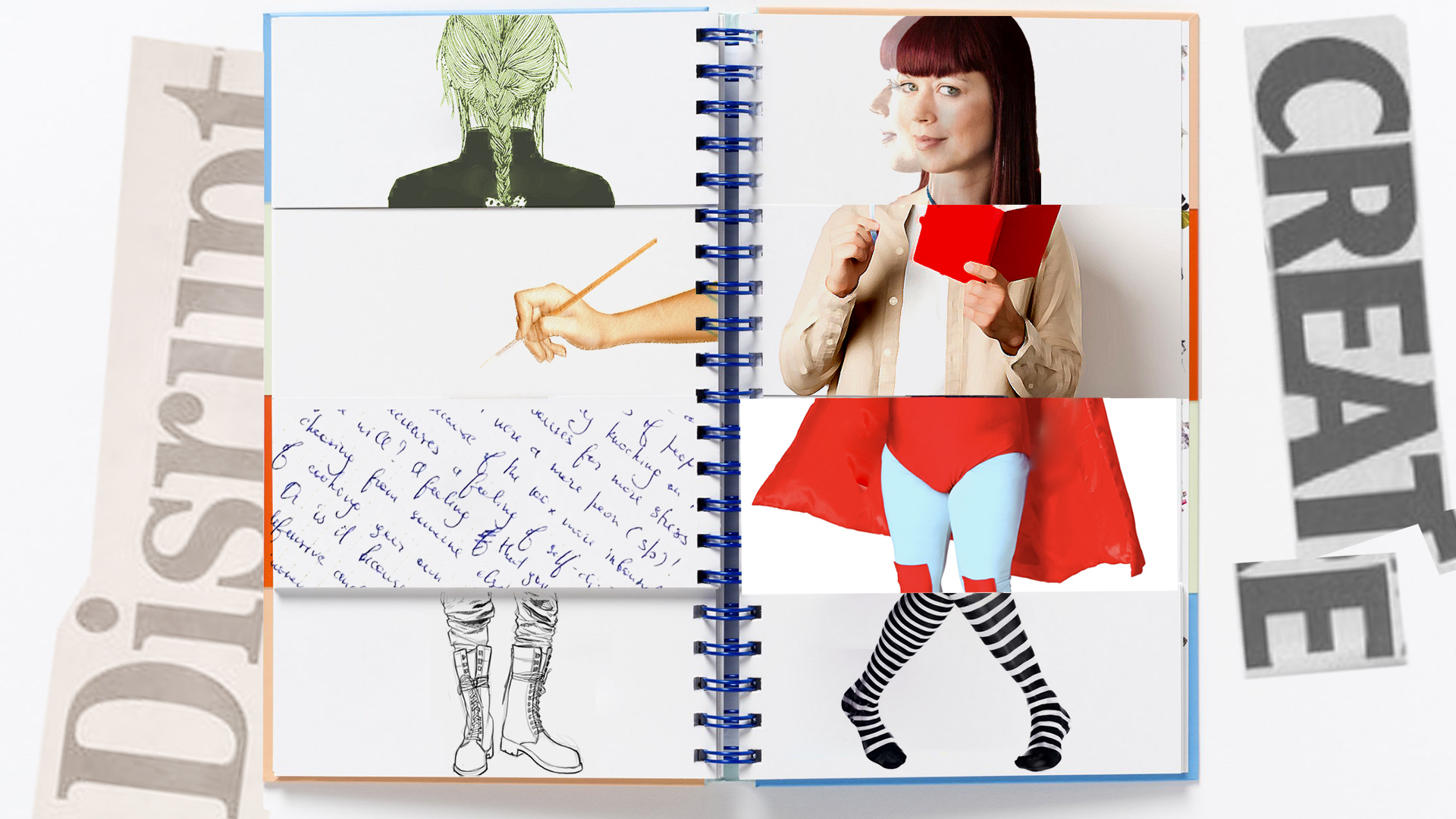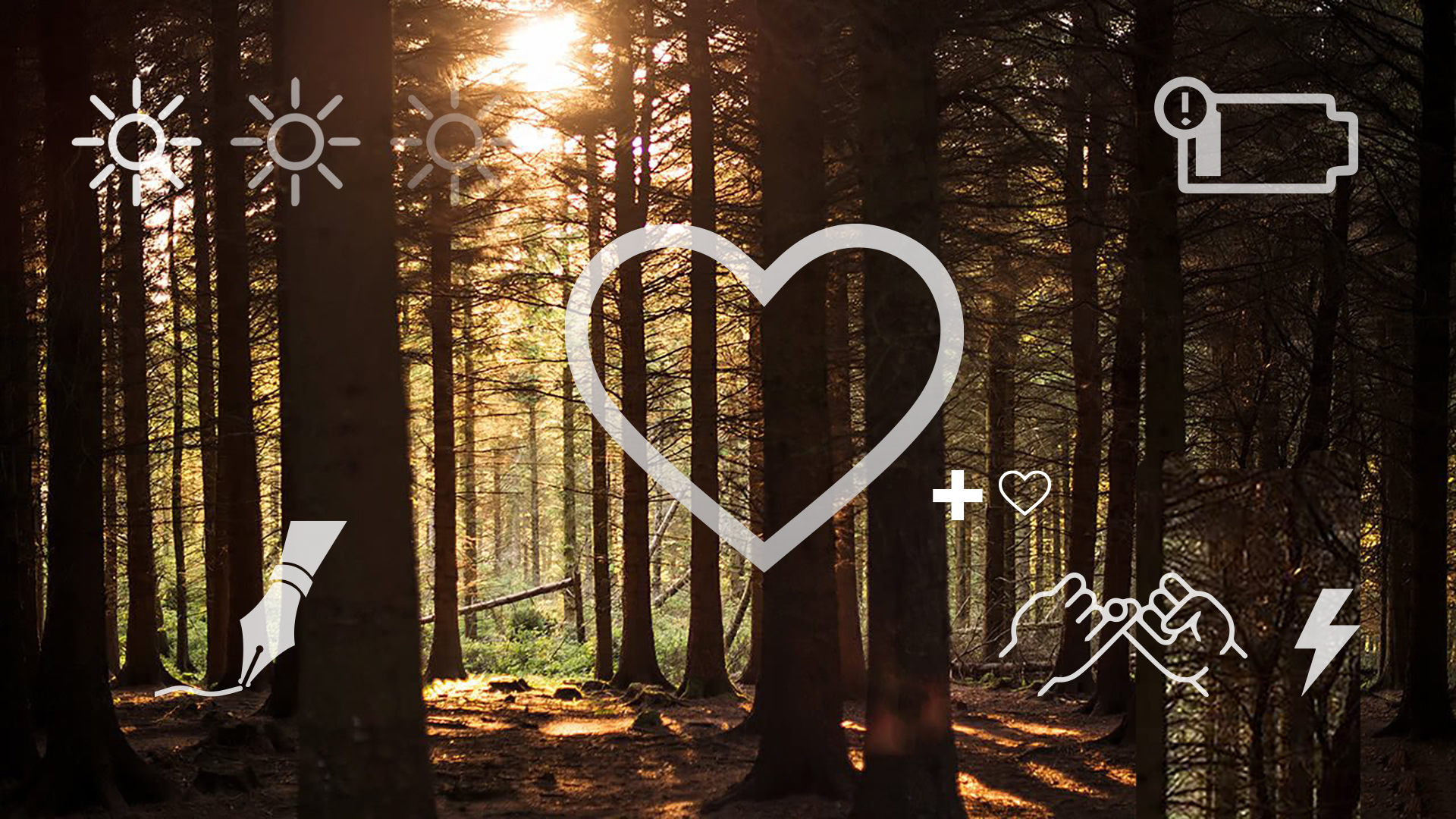In the Age of Awesome, it’s a strange paradox that real awe might be getting rarer. This is an exploration of what awe in the modern age looks and feels like, and how to find it. Being awed is a uniquely human experience, the catalyst for personal growth and creativity. So go put yourself in awe’s way.
Here’s a small heresy: the Oxford English Dictionary is dead wrong.
Its concise definition of awe is ‘reverential fear or wonder’, often in the presence of the supernatural or the divine. The modern English word has its roots in old Norse agi, meaning fright and the ancient Greek word akhos, usually translated as ache, or discomfort. And I don’t suppose the OED was ever going to argue with Aristotle.
Historically speaking, they do have a point. For almost all of recorded human history, life was lived on a local scale and many things were unknown or mysterious. In that context, if you were to take a lit taper of animal fat and crawl deep into a cave system in central France to witness the dead rock brought alive with painted antelope and bison, or walk through the gravity-defying interior of a mediaeval cathedral to see the stories of the saints reflected in waterfalls of stained glass, you would have – I’m pretty confident – felt reverential fear, dread and wonder. Awe, then.
"Awesome! is everywhere: awe - not so much"
But awe now? I’m not so sure. Awe in the 21st century feels like it needs a new definition, and definitely a better recipe. We’re constantly exposed to the biggest, the fastest, the most exclusive – to the point where we’re fatigued by it. If we’re wealthy enough almost no experience is beyond our reach and if we’re not, then digital media means we can all bear witness, in stunning detail and real time. So ‘Awesome!’ is everywhere: awe – not so much.
A fresh perspective on being awed
If awe in a modern age probably isn’t about the vast and the fast, or the limitless pixel count of UHD living? Nor attainment, wealth or hubris? What then might inspire it?
It could actually be that awe is the opposite of those things. We’re more likely to experience awe as a kind of blissful humility, where we are no longer the focus of our own internal narrative and something ‘other’ takes centre stage. The ego falls quiet. We forget ourselves. Our focus is entirely on the object, or idea, or moment.
"Expectation is kryptonite to awe. "
Have no worries, awe will find you. We’re all available, at some level, to be awed. I’ve been struck with awe amid some of the most stressful moments in my life, and I’ve been struck amid some of the most sublime. In my experience, expectation is kryptonite to awe. Walking up to some famous vantage point with the attitude “Go on then, impress me” is the best way I know to nix any chance of being awestruck. Jealousy, envy, FOMO – “They had it, I want it” – produce the exact same effect.
Put yourself in awe’s way
So you can’t go looking for awe, but you can put yourself in awe’s way. Here are some of my favourite ways – give them a go:
Immerse yourself in a new element You know that phrase “I’m in my natural element!”. Well, don’t be. This struck me on one of many failed attempts to learn to surf. I wanted the thrill of standing that board, riding that wave. I wanted to be awesome. For no reason, instead of facing out to sea pumped with expectation, I turned instead towards the land. And I was awed by a real sense that I was inhabiting the ocean now, and the land was the strange element.
Be curious about the small Our ancestors were casually intimate with the minutiae of the life around them, and looked for awe at scale. We’ve largely lost that connection, so we are more likely to find awe in the (seemingly) smallest of things. Put down your ‘stuff’, pick up your boots, and take a good look at nature – that’s where the small things are.
Practise being still We’re all open to awe, but you can always make yourself more open. Being still is one of the easiest ways to do that – no Zen mastery required. Take a moment. Take a deep breath. Release it slowly. Then see how still you can hold your body. Relax – don’t tense. Notice how still you are. And that’s it – for the next 30 seconds to a couple of minutes. You’re utilising the hardwired connections between your physiology and your psychology to open you further to any awe-inspiring situations you encounter.
This is where and how the feeling of awe settles these days. In experiences that change our perspective and put us in our place. Think Carl Sagan’s iconic Pale Blue Dot. Or small wonders: Q – What is a wasp good for?*
Awe for communicators
There is some practical purpose in this discussion. As communicators we should ask: Do hyperbole, braggadocio and big gestures create awe in our audience, or anything like it? Do they actually move people to change perspective, reconsider, trust, or take action?
Or, would we be better served by focusing on genuine connection? Being awed teaches us that in the grand scheme of things we’re all insignificant, but that we find meaning in our connections with each other. In common cause. In our shared narratives.
So good luck reconnecting with awe. It’s worth a bit of effort and it would be great to hear how you do it. And let me know if, or how, it changes your stance on communication. I already know where I stand.
[*A – altruism, collaboration, pollination… and being an excellent wasp]






What do you think?